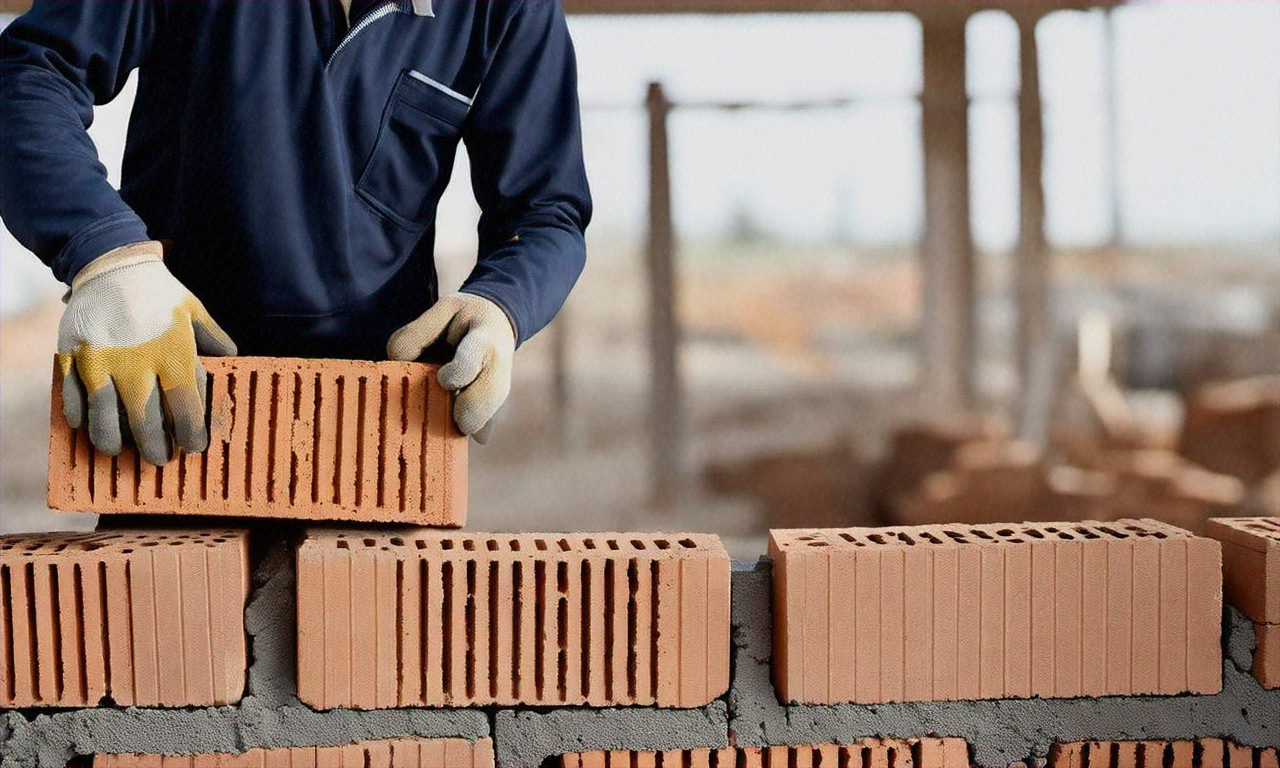Brick mason roles and career overview in the UK
Brick masonry is a skilled trade that combines practical building work with knowledge of materials, structural needs, and finishing techniques. In the UK context, brick masons contribute to new construction, renovation, restoration and conservation projects. This article outlines typical duties, training pathways, working conditions, safety considerations, tools and career progression associated with brick masonry without implying or directing readers to specific vacancies.

What does a brick mason do?
A brick mason lays bricks, blocks and sometimes stone to construct or repair walls, chimneys, partitions and other structures. Day-to-day tasks include interpreting basic plans or instructions, mixing mortar to the right consistency, setting out courses and ensuring level and alignment. Work can range from new-build housing and commercial projects to conservation work on older buildings where matching materials and techniques is important. Precision and attention to structural detail are central to producing durable, weather-resistant masonry.
Skills, training and qualifications
Core skills include manual dexterity, spatial awareness, basic maths for setting out and an understanding of construction drawings. In the UK, common training routes include apprenticeships, City & Guilds or equivalent vocational qualifications such as NVQ/SQA awards in brickwork. Many employers expect or prefer a Construction Skills Certification Scheme (CSCS) card as evidence of competence and safety awareness. Continuous on-site learning and short courses in decorative or specialist masonry can support advancement without implying specific job openings.
Tools, materials and techniques
Brick masons use trowels, spirit levels, jointers, brick hammers and tape measures, alongside power tools like angle grinders for cutting. Materials include clay bricks, concrete blocks, lime and cement mortars, and various bonding patterns that affect strength and appearance. Modern practice often combines traditional hand skills with mechanical aids for productivity, while conservation projects may require lime mortars and hand tooling to match historic work. Familiarity with material properties and correct mortar choice is essential for longevity.
Working conditions and safety
Masonry work is physically demanding and commonly performed outdoors, exposing workers to weather variations and site conditions. Employers and tradespeople follow UK health and safety guidance to manage manual handling, working at height, dust control and noise. Use of personal protective equipment (PPE), safe scaffolding practices and dust suppression measures are standard on compliant sites. Understanding risks and safe procedures is integral to the role and central to maintaining a safe working environment.
Career progression and specialisations
Experienced masons can move into supervisory roles, site management, estimating, or specialist conservation and restoration work. Some choose to specialise in decorative brickwork, historic building repair, or stone masonry, which often requires additional training in traditional techniques and materials. Self-employment is a common path for skilled tradespeople who build a client base for maintenance, small projects and subcontracting. These routes describe possible professional development rather than promising specific opportunities.
Regional demand and earnings overview
Demand for masonry skills varies by region and by the state of local construction, renovation and conservation activity. Urban regeneration, housing programmes and heritage projects can increase need for masonry trades in particular areas. Typical earnings in the UK depend on experience, qualifications and employment type; apprentice rates differ from those of qualified craftspersons or self-employed operatives. Any figures cited in other contexts should be treated as estimates only, and conditions change over time. This section provides general context rather than current vacancy information.
Conclusion
Brick masonry is a practical, skill-based profession with defined training routes, clear safety considerations and a variety of specialisations. The role blends hands-on workmanship with technical knowledge about materials and building practice. For those interested in the trade, understanding the occupational requirements and potential progression paths can help frame realistic expectations without implying the immediate availability of specific jobs.




